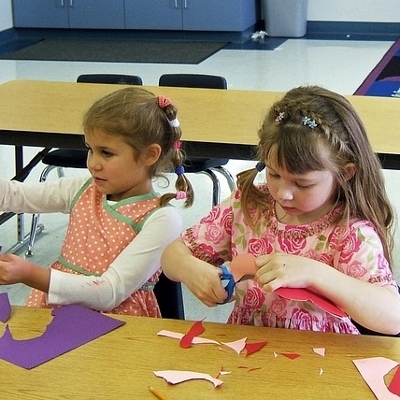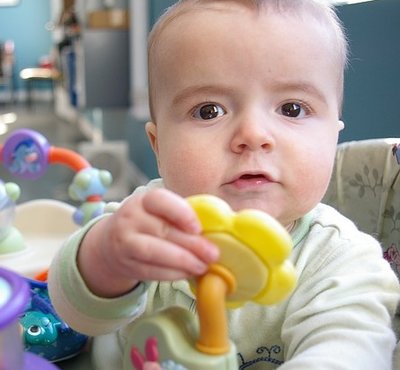 When tragedy strikes, as it did this past week in Fort Hood and Orlando, what do you tell your child? How much information is too much? When they’re small, these things can go right past them without a second thought. But as they get older, they are bound to hear something about it, probably before they’re ready to deal.
When tragedy strikes, as it did this past week in Fort Hood and Orlando, what do you tell your child? How much information is too much? When they’re small, these things can go right past them without a second thought. But as they get older, they are bound to hear something about it, probably before they’re ready to deal.
There are some things that are just too horrific to discuss with a child. Whenever there is a case of violence or cruelty toward children, I try to spare my son the details as much as is possible. But in other cases, like the two shooting sprees this week, I think it is better that he hears something from me before it comes up at school.
Modern kids seem to know more than they should about ‘grown up’ subjects. And if some kids know about it, they’ll talk about it at school, where it will be misinterpreted, exaggerated, and embellished until it becomes a barely-recognizable twisted version of the event. Parents need to control the conversation and proactively introduce a censored rendition of the story in order to prevent the unnecessary scarring of the school yard version.
As parents, we’d like to shield our children from the horrors of the world. For a few years we can do it successfully. But early on in life, much earlier than we as parents would like, children begin to pick up on the news. It’s cute when they hear a little snippet about Nancy Pelosi and try to repeat it at the dinner table. Less cute when they ask why some whack job went on a shooting rampage. It all comes down to how we answer the unanswerable.










